In another legal blow to Chief Justice Gertrude Torkornoo, the Human Rights Division of the Accra High Court today, July 31, dismissed her application for judicial review, describing it as an “abuse of court processes” and further asserting that it lacked jurisdiction.
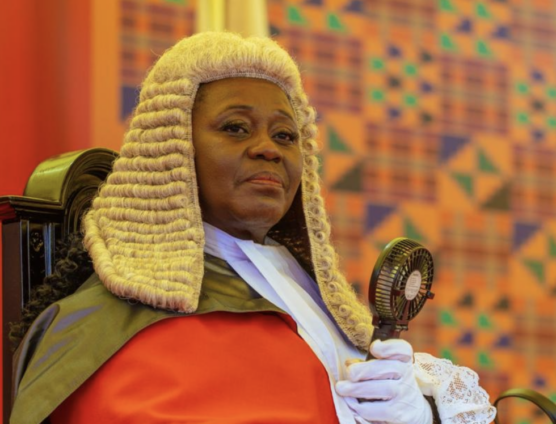
This ruling marks a crucial development in the ongoing saga surrounding petitions for her removal from office.
The concept of “abuse of court processes” as cited by the High Court typically refers to the improper use of legal proceedings for an ulterior purpose or to vex, harass, or delay justice.
This implies the court found Justice Torkornoo’s application to be an attempt to obstruct the legitimate process, rather than a genuine pursuit of constitutional redress.
The decision signalled a further narrowing of the legal avenues available to Chief Justice Torkornoo to halt the proceedings initiated against her.
While the full written judgement detailing the court’s reasoning is awaited, the pronouncement of “abuse of court processes” indicates that the court found the application to be an improper or vexatious use of legal procedures, potentially aimed at frustrating or delaying the established constitutional process.
Chief Justice Gertrude Torkornoo, who assumed office on June 12, 2023, as Ghana’s 15th Chief Justice and the third woman to hold the position, has been at the centre of a high-stakes legal and political battle since petitions for her removal were filed.
Under Article 146 of Ghana’s 1992 Constitution, a petition for the removal of a Chief Justice or a Justice of the Supreme Court must be submitted to the President, who then, in consultation with the Council of State, appoints a committee to investigate the matter.
Today’s High Court dismissal is not the first legal setback for the Chief Justice in her fight against the removal proceedings.
In May 2025, the Supreme Court, in a unanimous decision, also dismissed an injunction application filed by Justice Torkornoo that sought to halt the inquiry into the petitions.
The Supreme Court’s ruling at the time effectively cleared the path for the five-member special committee, constituted to investigate the petitions, to proceed with its work.
These consecutive dismissals from both the Supreme Court and now the High Court highlight the judiciary’s stance on challenging the constitutional process for removal.
The courts appear to be signalling that procedural challenges cannot be used to circumvent or indefinitely delay the investigative mechanism laid out in the Constitution.
Chief Justice Torkornoo has consistently maintained her innocence and has publicly asserted that the process for her removal is “flawed”, “politically driven”, and “unconstitutional”.
In a defiant press conference on June 25, 2025, she vowed not to resign, stating that doing so would “legitimise an unconstitutional and cruel process”.
She also made serious allegations of receiving “veiled threats” to resign voluntarily, implying coercion to avoid a formal investigation.

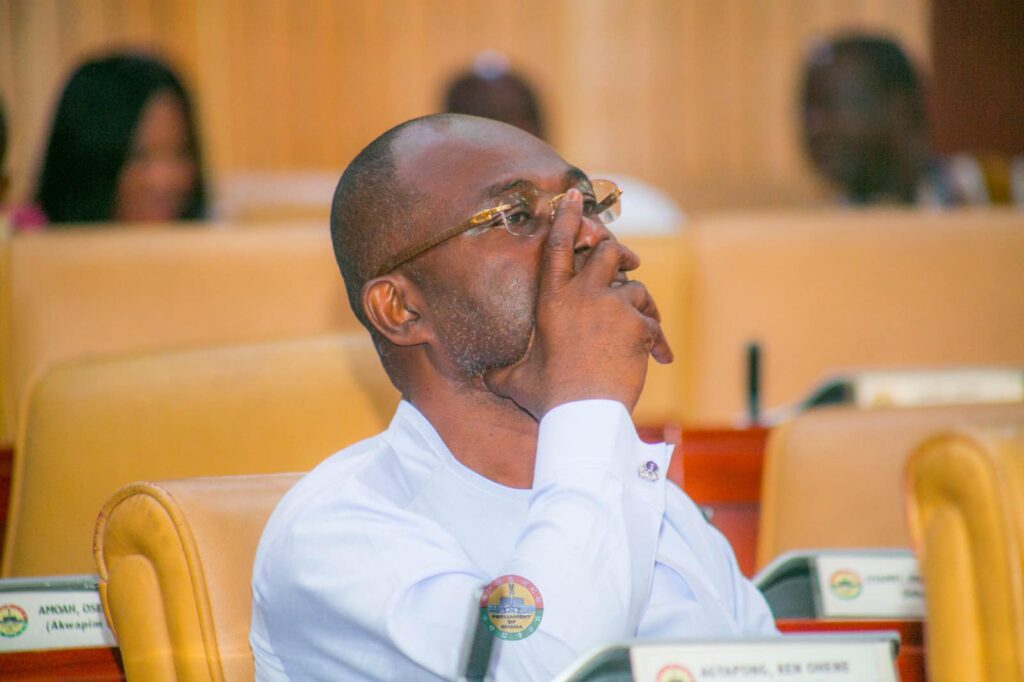
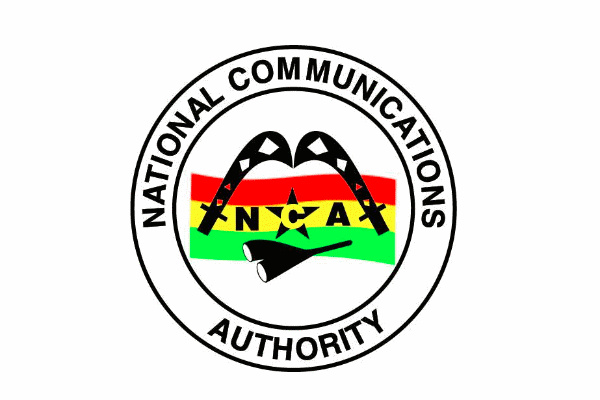
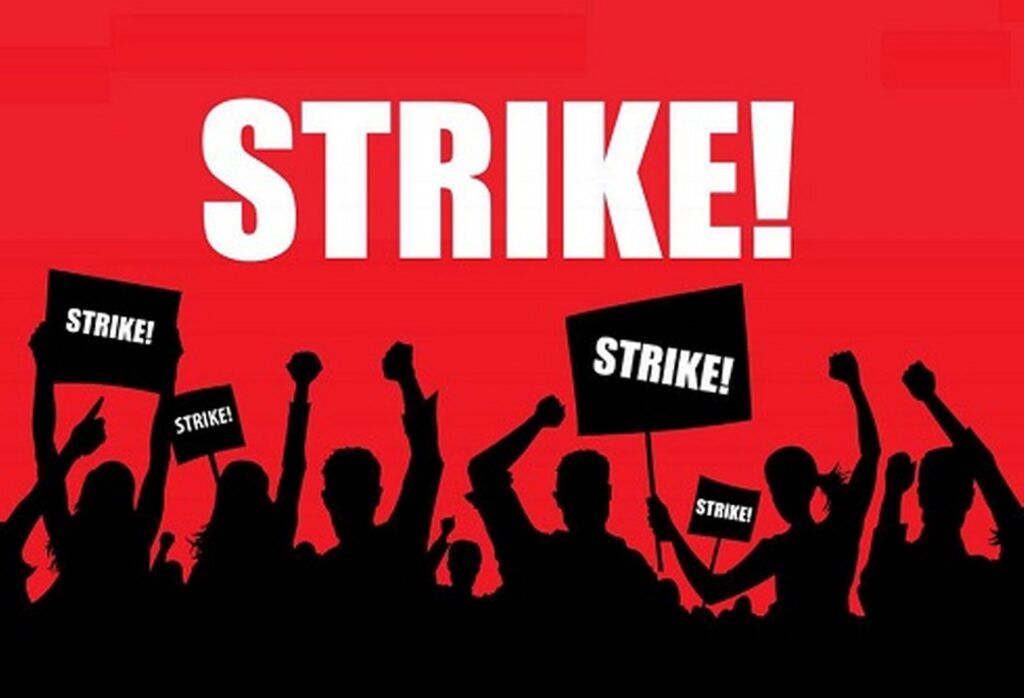
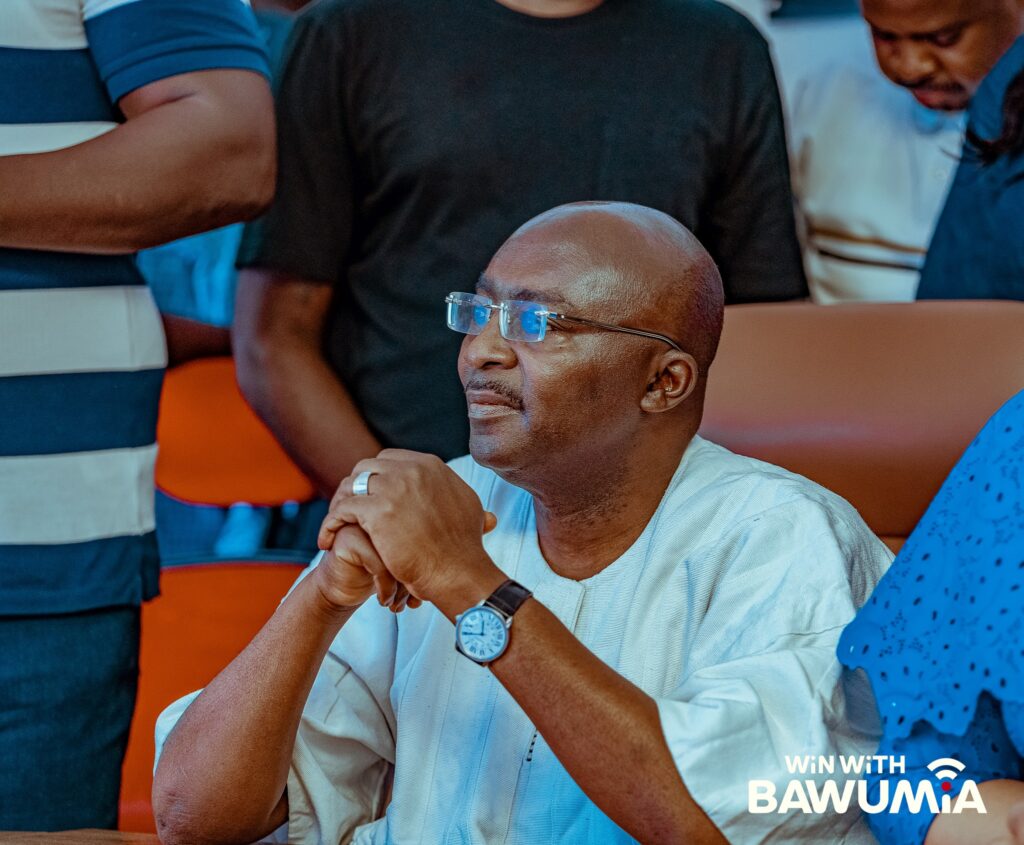
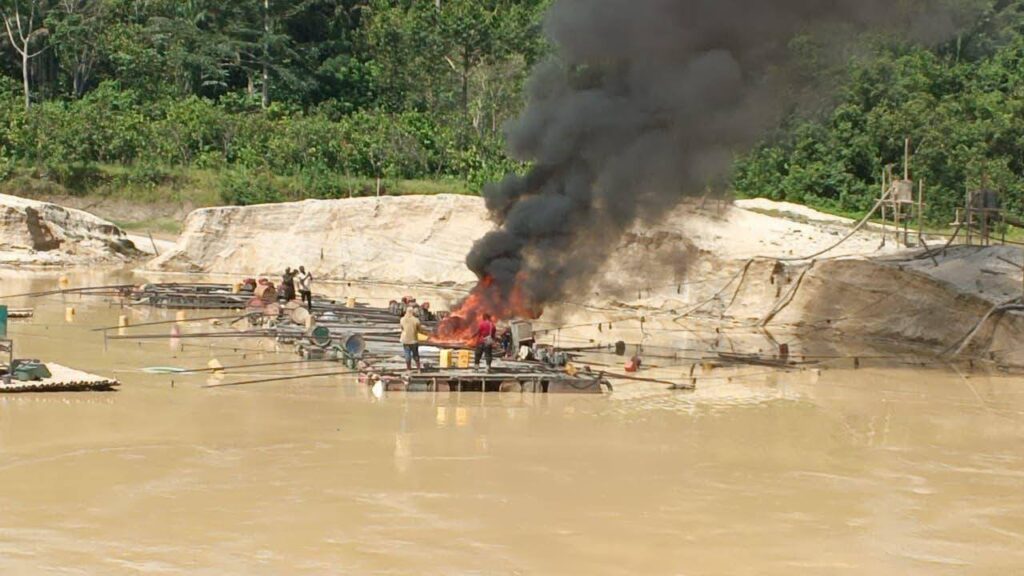
No comment yet, add your voice below!